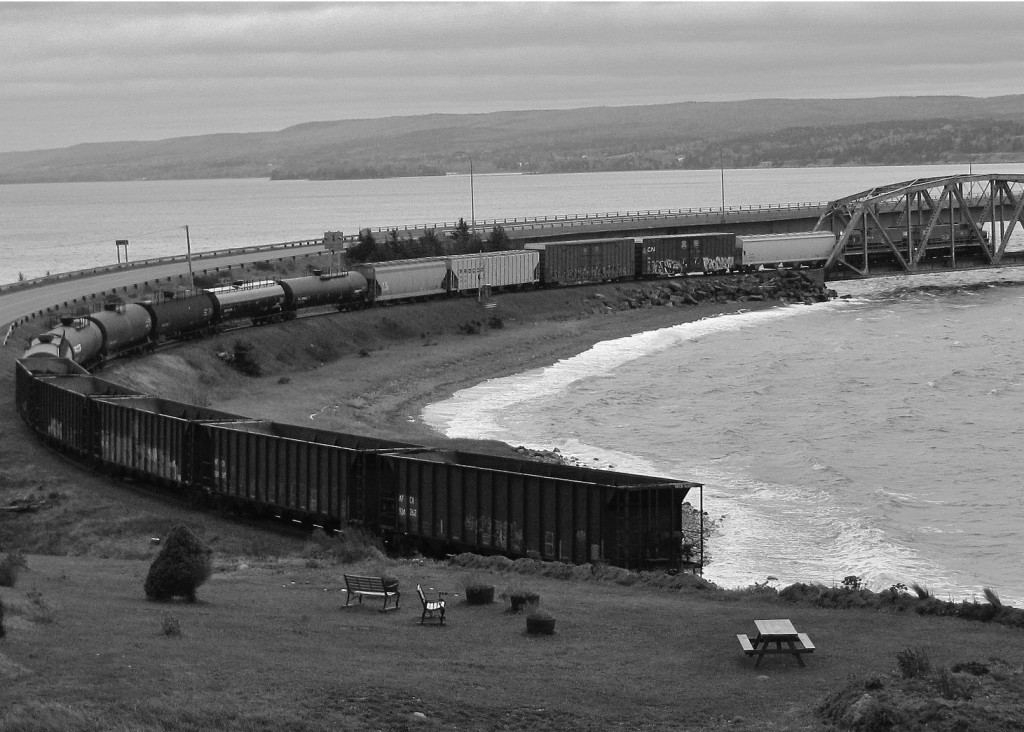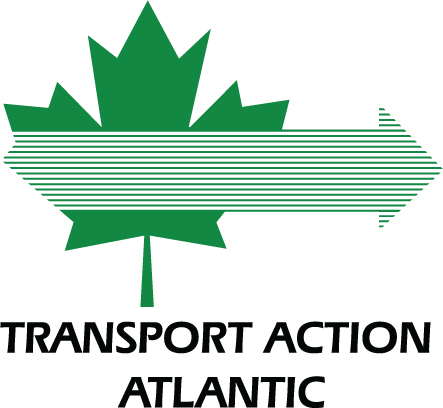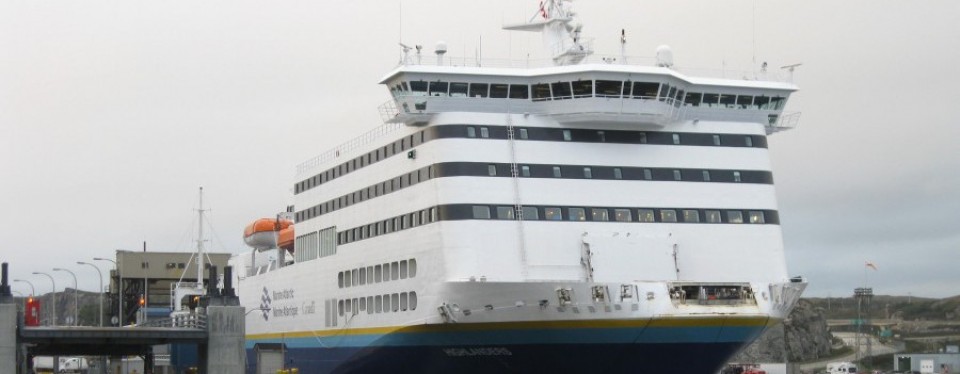
A ruling has been issued by Nova Scotia’s Utilities and Review Board (UARB) on the application by the Cape Breton and Central Nova Scotia Railway (CBCNS) to discontinue service between St. Peter’s Junction near Point Tupper and Sydney. But there’s a great deal of uncertainty as to what it means. Meanwhile, a group of users, several business organizations, the provincial government, and the Cape Breton Regional Municipality are not prepared to pronounce the rail line dead at this point.
The railway’s owners – US-based Genesee and Wyoming Inc. – have made it clear that they are finished. Company representatives bluntly told the UARB hearing on December 8 and 9 that no trains would operate after December 31, 1014, under any circumstances, and the line has now effectively been shut down. But the board’s ruling on January 15 set a different date for the end of service – October 1, 2015. Until then, the UARB says, “CBCNS must deliver goods by rail if that service is required by a shipper and the shipper is prepared to pay a reasonable rate for that service…”
Under the legislation governing provincial shortlines, the UARB cannot order a company to continue an uneconomic operation, but does have the authority to set the timeframe for discontinuance of service. Furthermore, under amendments to the Railways Act that received speedy passage with all-party support in the Legislative Assembly last fall, the actual physical abandonment of a line now falls under the jurisdiction of the transportation minister – not the UARB. In order to remove the tracks, CBCNS will have to negotiate with the Honourable Geoff MacLellan – a Cape Bretoner who is on record as supporting the retention of rail service. And, the minister would appear to have a lot of public support on the island.
The board also ordered CBCNS to file an amended discontinuance plan by January 29. In so doing the company moderated its tone very slightly, but much hangs on the interpretation of the term “reasonable rate”, and it remains to be seen whether delivering goods by rail really means the actual operation of trains. But at least three of the railway’s industrial customers say they are not prepared to accept their raw materials by alternative means, and others who have recently switched under duress to highway delivery are not satisfied.

PHOTO BY TIM HAYMAN
One customer reports that the per carload rate quoted by CBCNS in January had increased almost threefold – a move clearly calculated to drive away traffic from the railway. Genesee and Wyoming attributes the massive hike to the end of the provincial government subsidy that had been in effect for a decade. However, the company had declined to renew the arrangement, and makes no secret of the fact that they have chosen to realize the scrap value of the line rather than continue with a break-even or low-profit subsidized operation.
While the company appears determined to play hardball with the board, the ruling suggests that a remedy might be sought through the Supreme Court of Nova Scotia. In response to a written question from several MLAs regarding interpretation of “reasonable rates”, the board would only say that “reasonableness is a concept well known to the courts.” The complete ruling (PDF), including a summary of evidence presented, may be obtained online at the UARB website.
Meanwhile, an advisory task force appointed by Minister MacLellan is probing all aspects of the issue, including as assessment of shipping by rail versus truck, examination of pending economic opportunities in Cape Breton that might have implications for rail, and an evaluation of the level of investment that might be required to upgrade the rail infrastructure. Membership of this group, known as the Minister’s Rail Advisory Committee (MRAC), represents customers, business and economic interests, and municipal governments. The MRAC’s interim report can be found online (PDF).
Minister MacLellan has made it clear that the Province of Nova Scotia has no intention of getting into the business of running a railway. His position has consistently been that rail operations are a job for the private sector. What hasn’t been ruled out is provincial ownership of the line, with operations contracted out to a suitable partner more committed than Genesee and Wyoming. That’s an option strongly supported by Transport Action Atlantic.
TAA has been active on the Cape Breton file, and appeared as an intervenor at the UARB hearing in December. Our position on the issue is summarized on a following page. We have also maintained ongoing communication with the provincial transportation department, rail customers, and other interested parties.
Earlier, a TAA delegation participated in a rally held at a Sydney shopping mall in support of continued rail service.





